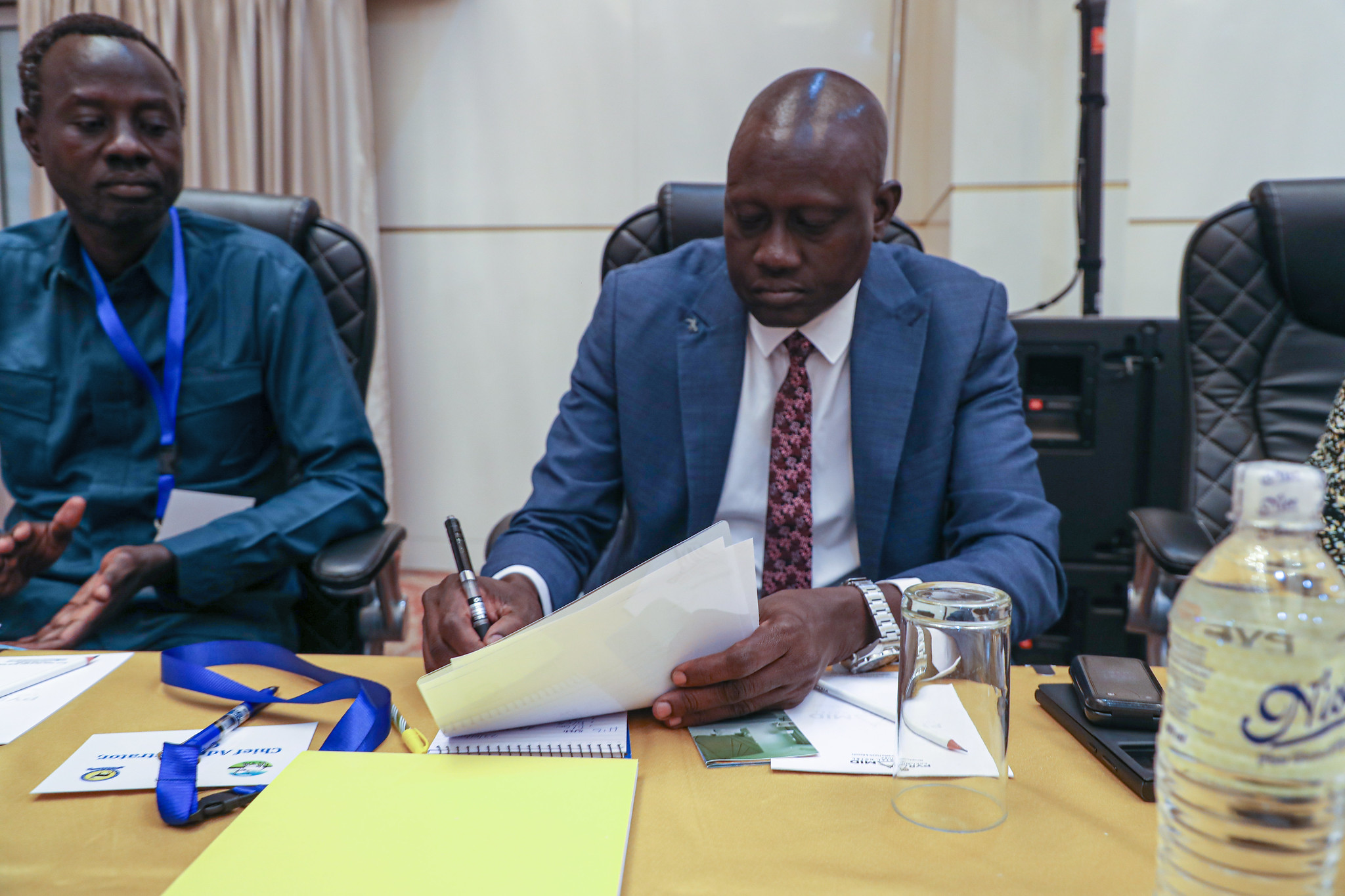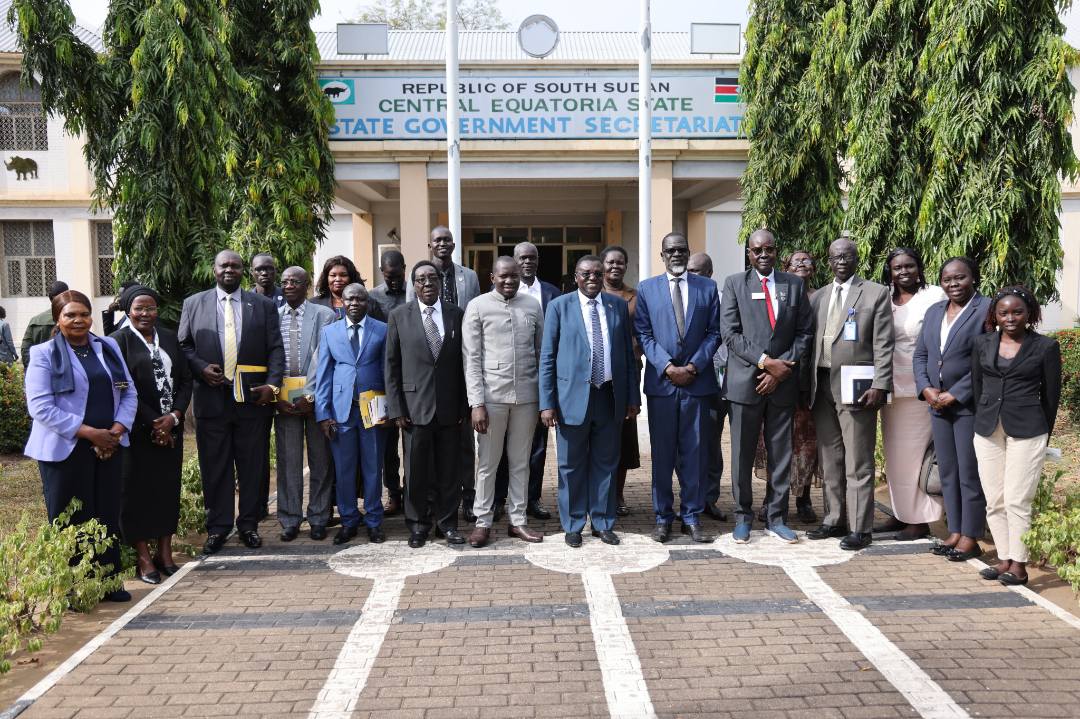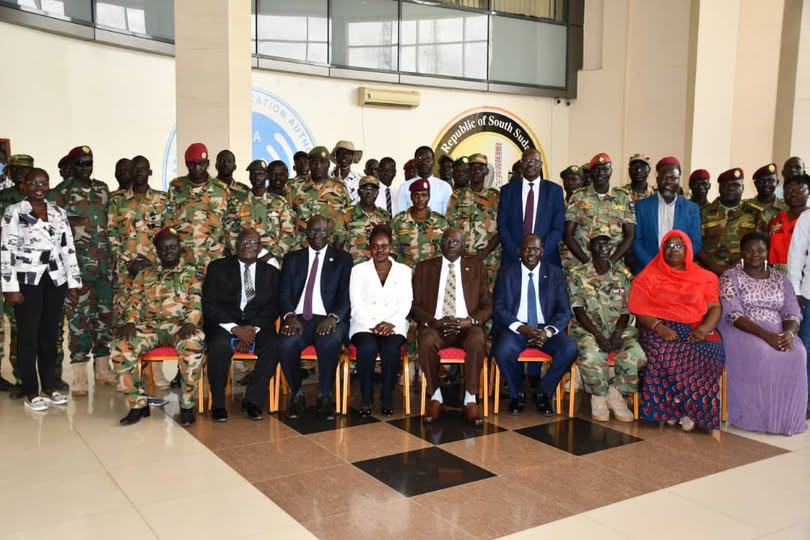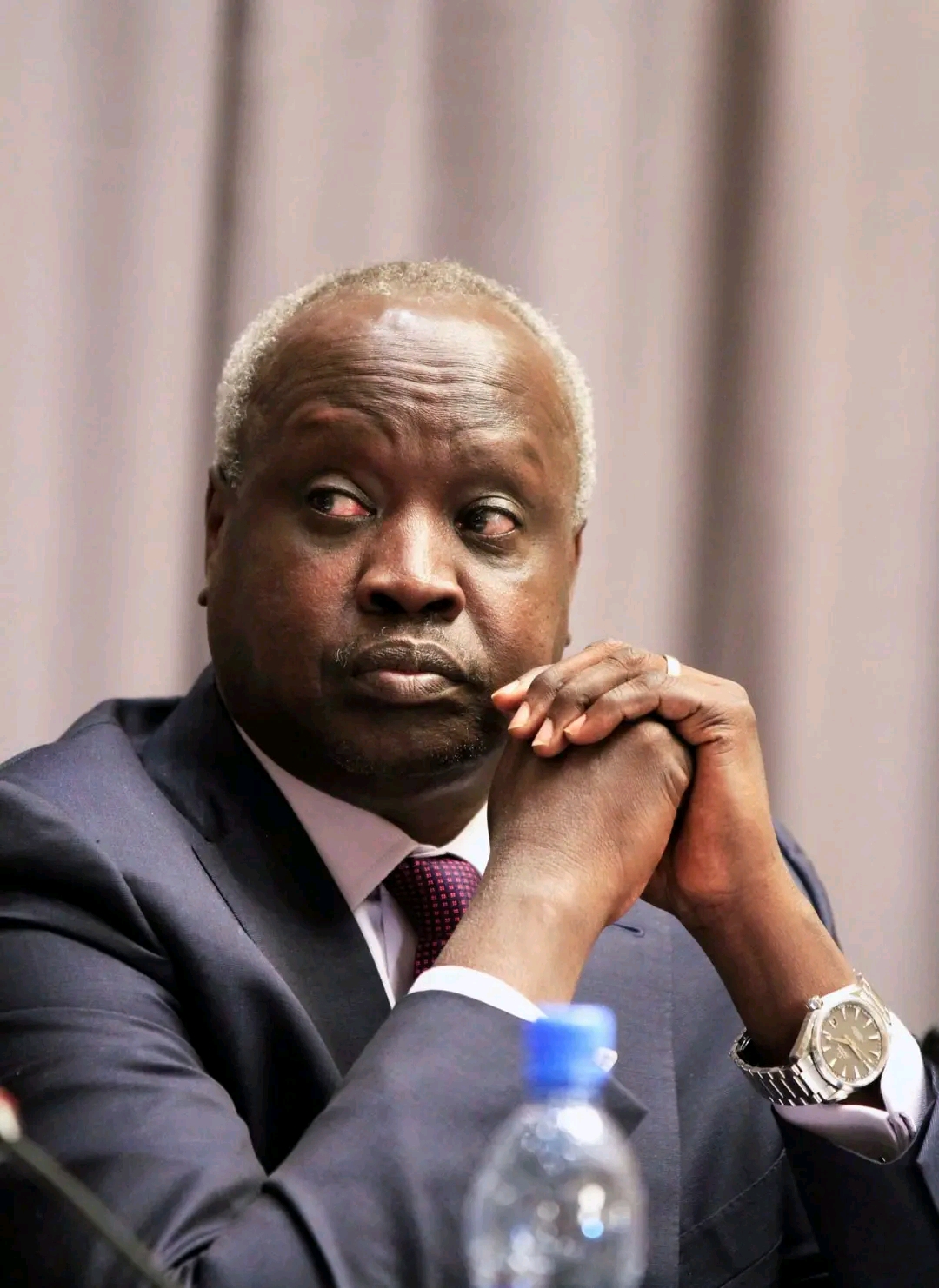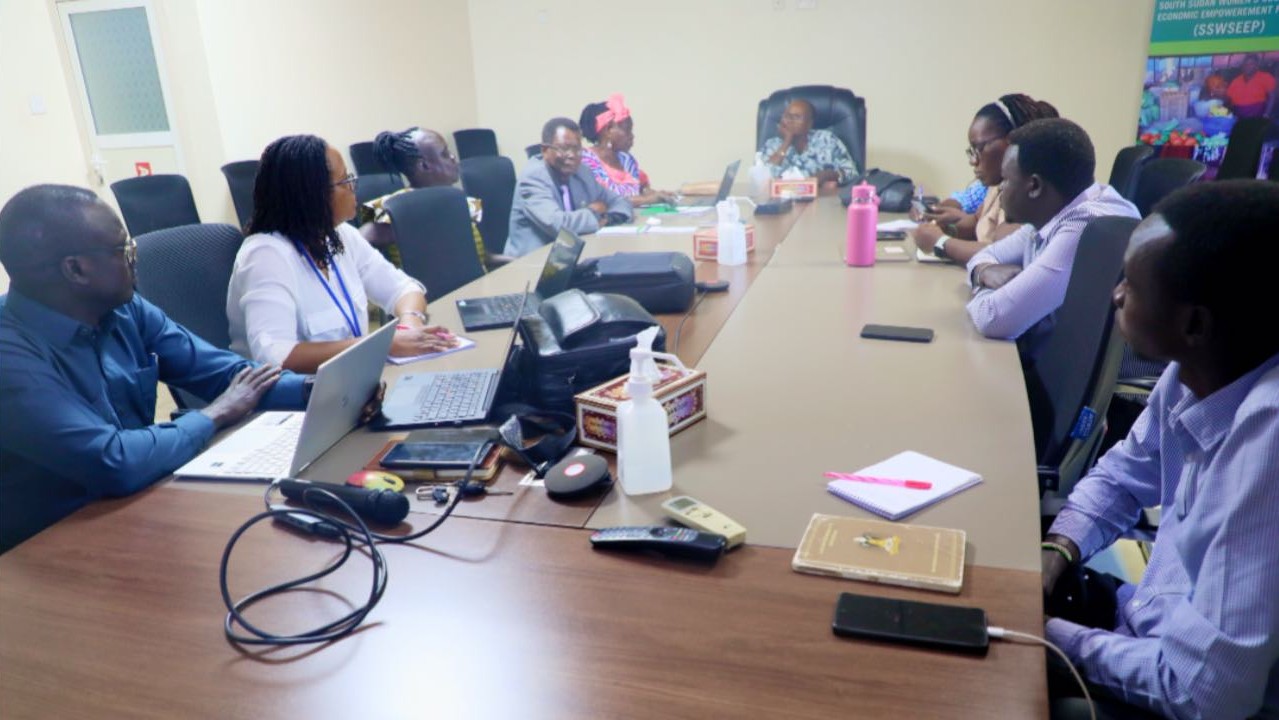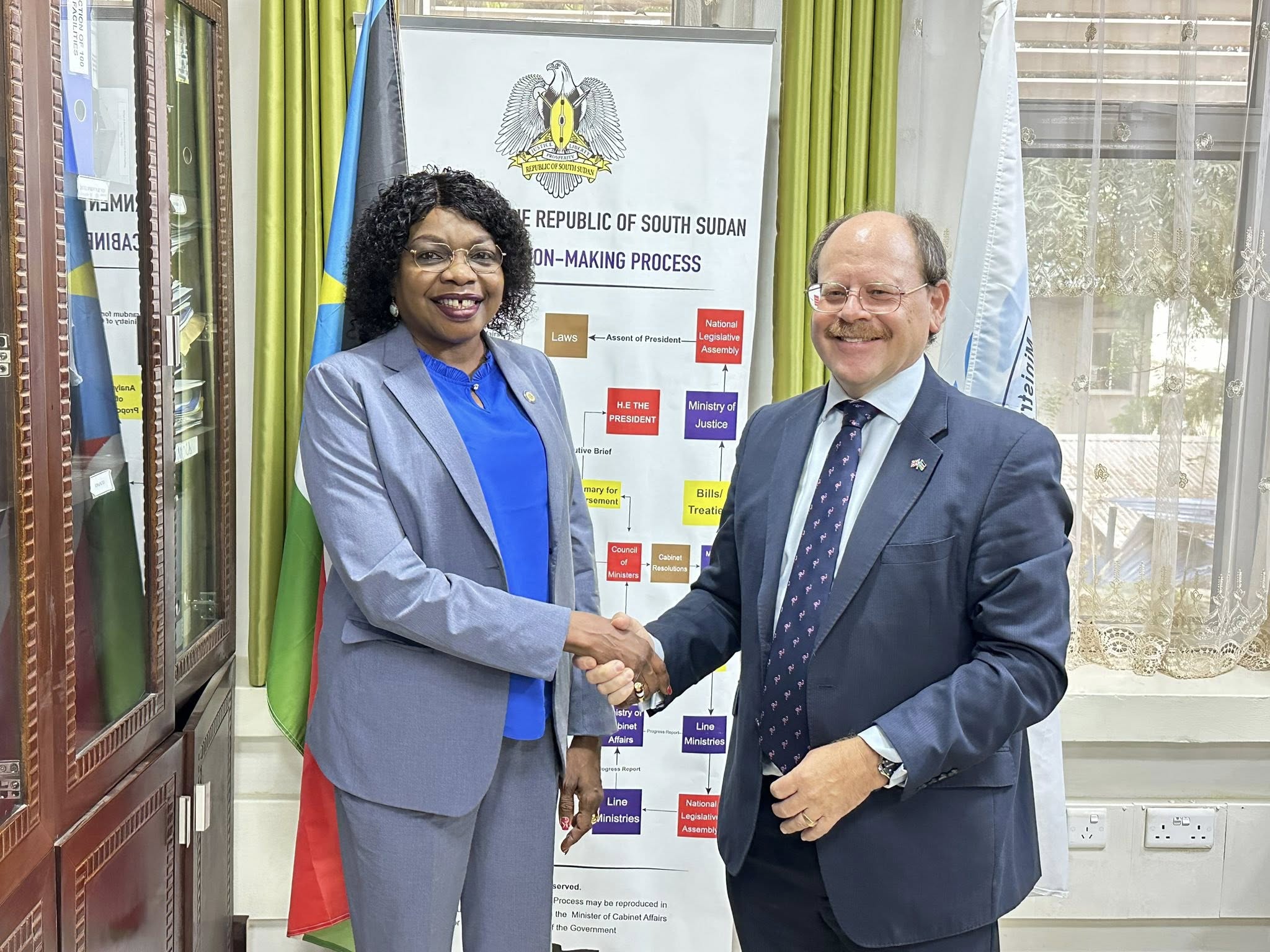
Report: Alnaeim Mubarak Kuol
Political leaders in Jonglei State have signed a joint statement and action plan to prevent conflicts and strengthen the rule of law between local communities in the Jonglei and Greater Pibor Administrative Areas at the conclusion of the National Accountability Conference hosted by the United Nations Mission in South Sudan (UNMISS).
The commitments include enhancing community collaboration in crime prevention, advocating for new infrastructure and services, establishing joint security forces, a special court, rule of law coordination mechanisms, as well as a protection cluster to address issues such as abduction, cattle raiding, sexual violence, and other crimes.
“This vicious cycle of revenge will continue from both sides if we, the communities and the government from these two areas, think that solutions will come from outside rather than from within us,” Atong Kuol Manyang, Deputy Governor of Jonglei State, stated, emphasizing the need for a locally-driven response.
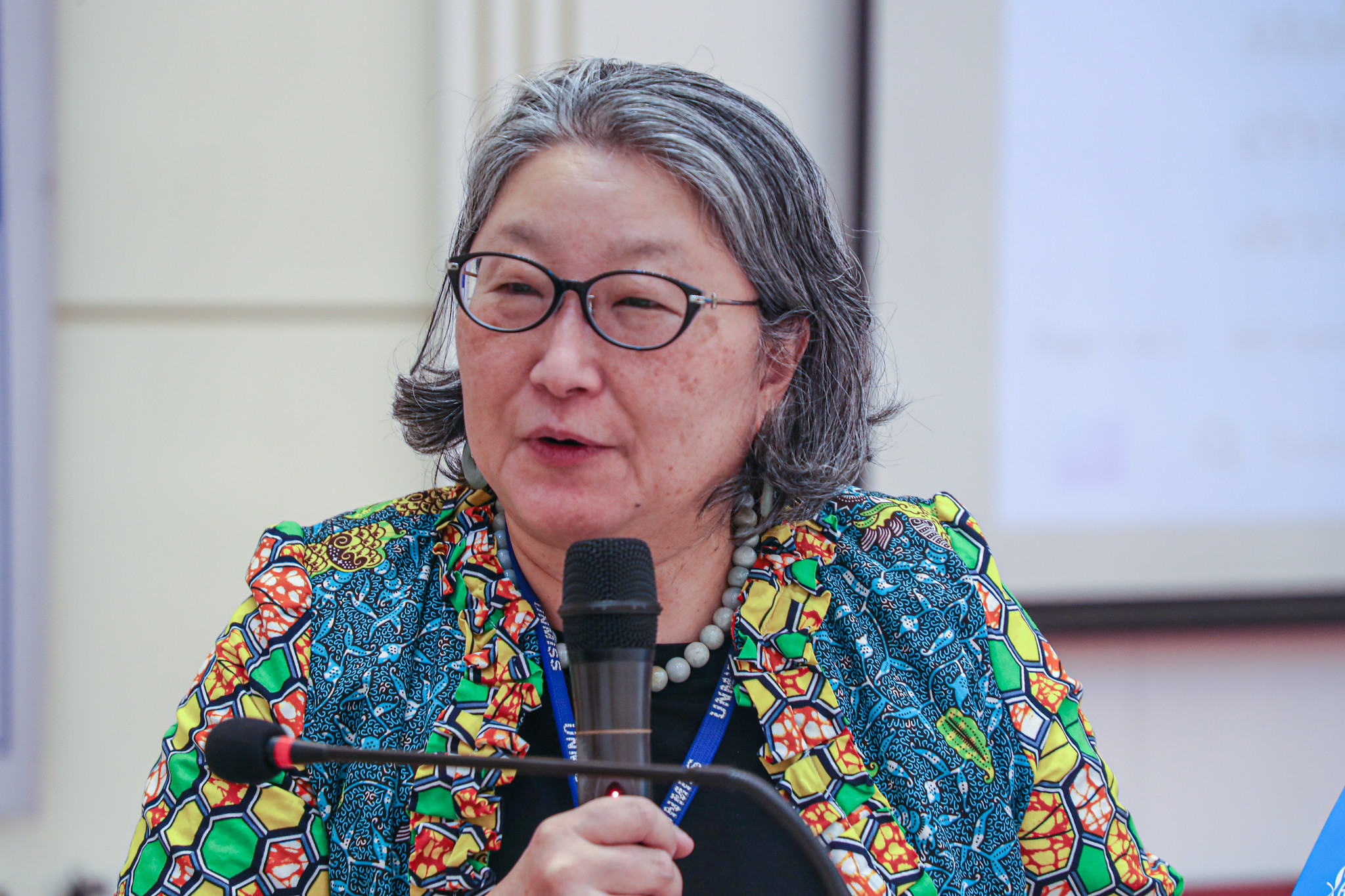
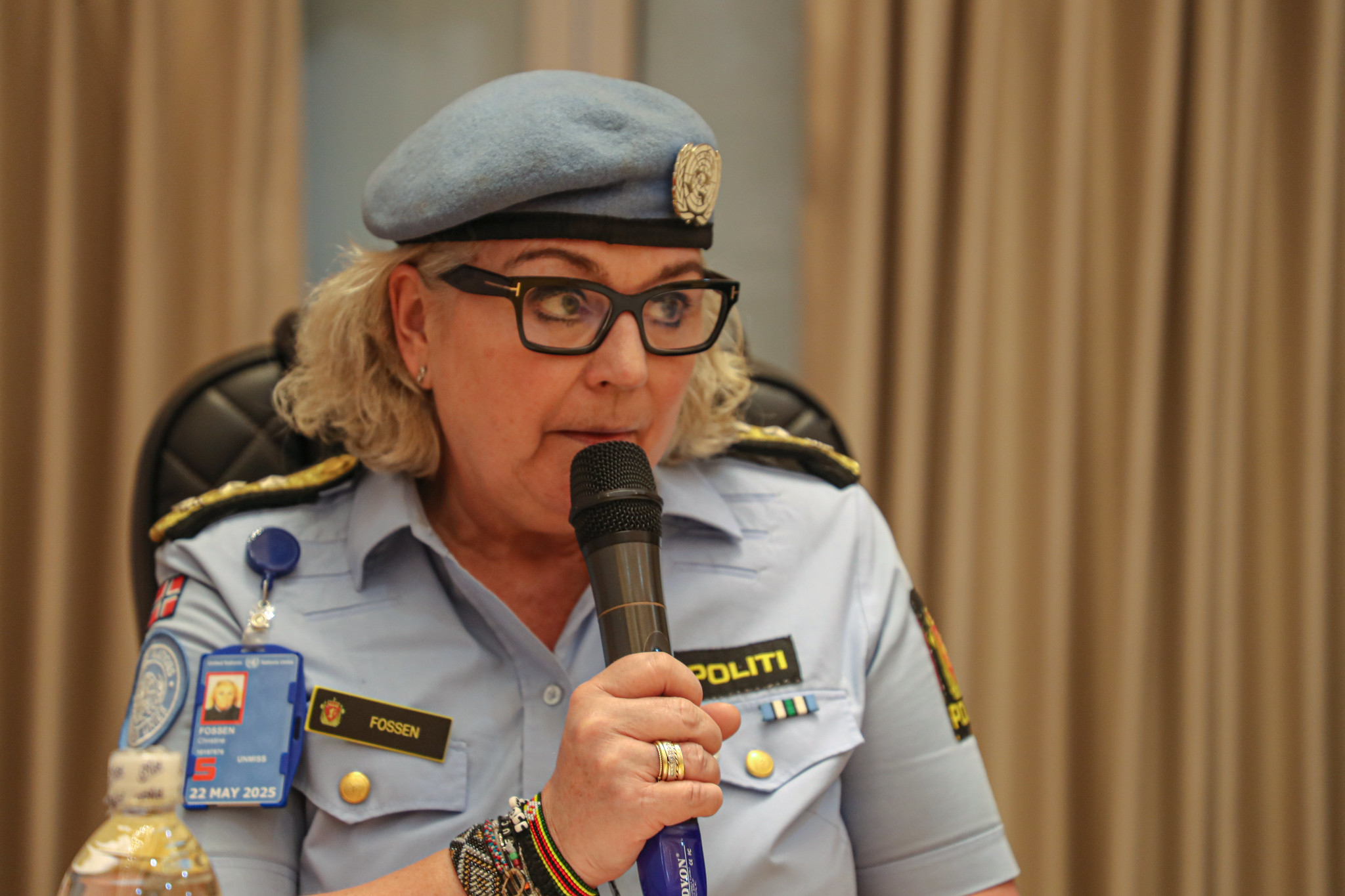
The regions of Jonglei and Greater Pibor are characterized by violence from retaliatory attacks, cattle raiding, and the abduction of women and children for power and profit, practices that are deeply rooted in the local community culture.
This initiative for change was organized through the three-day conference, supported by the UNMISS Rule of Law and Security Institutions Section, bringing together senior ministers from the two areas, members of civil society, justice institutions, representatives from organized forces, as well as youth and women’s groups.
UNMISS Police Commissioner, Christine Fossen, stated: “Criminal activities, such as cattle raiding and abduction, if left unaddressed, will continue to undermine good governance, personal safety, and peace efforts.” She added, “This reality highlights the urgency of implementing the solutions discussed here and turning them into concrete actions.”
The newly appointed Chief Administrator of Greater Pibor, Peter Gazole Maze, pointed to numerous challenges that must be overcome, such as tribalism, the preference for traditional law over formal judicial processes, the fact that youth are better armed than the police, and the lack of unity.
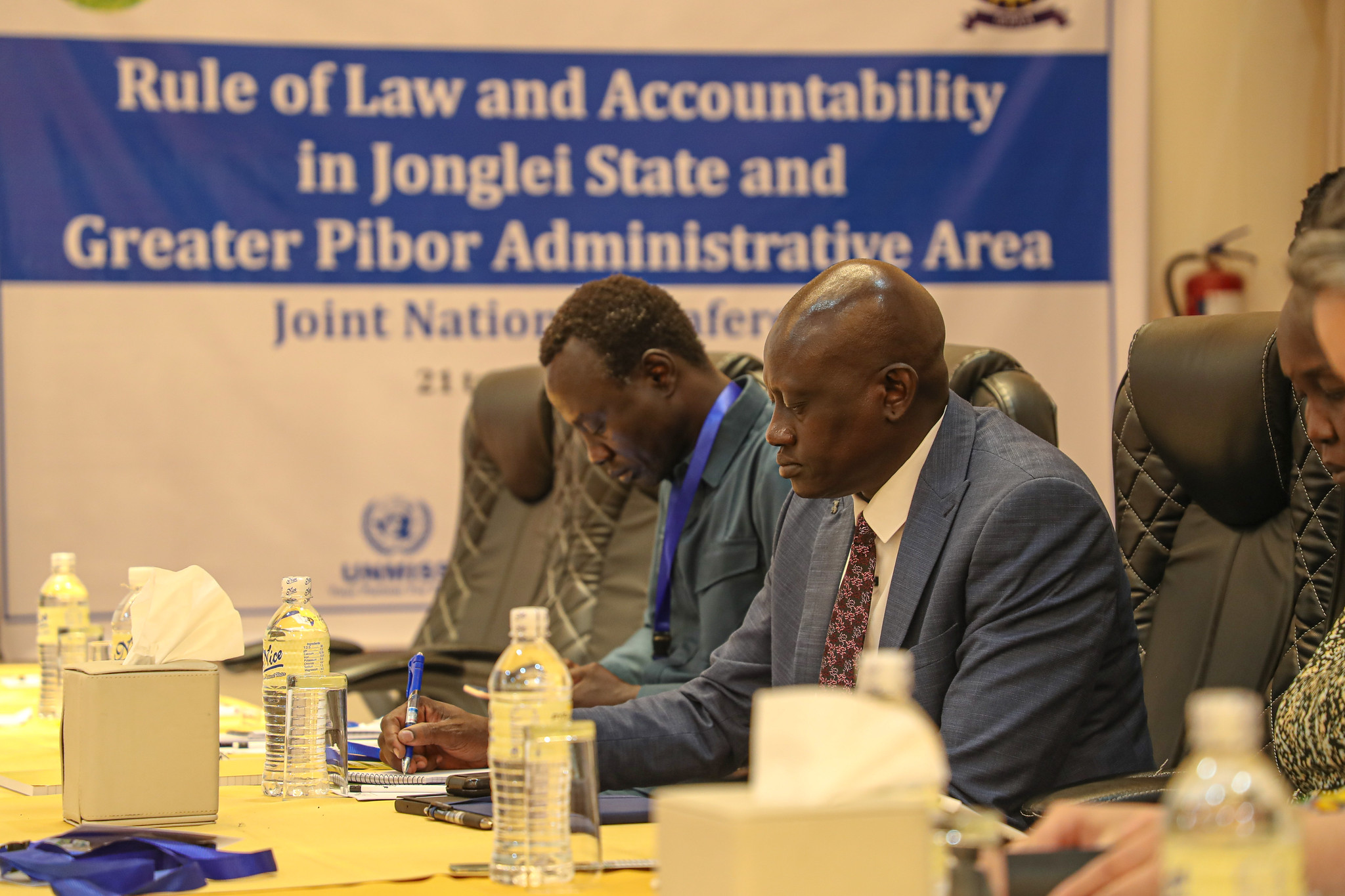
“If government officials cannot tell each other that this crime was committed by my people, and that your side is innocent this time, and if you don’t speak the truth, how do you expect peace to come?”, He said
“If we, as governors or administrators, cannot sit together and design a single mechanism that can deter cattle raiding, child abduction, road ambushes, and road blockages, how can peace come?”, He added,
UNMISS is committed to continuing all efforts to support the action plan and help build a unified approach to deter violence and strengthen the rule of law as a pathway to sustainable peace.
“The endorsed action plan is a roadmap for building a society where accountability is not just a concept but a lived reality for all.”, Hiroko Hirahara, Director of Civil Affairs at UNMISS, stated.
“Let us aspire to a future where children can grow up without the fear of abduction, where women are empowered and protected, where communities reconcile and build trust, and where justice systems are fair, accessible, and resilient.”, She added.
